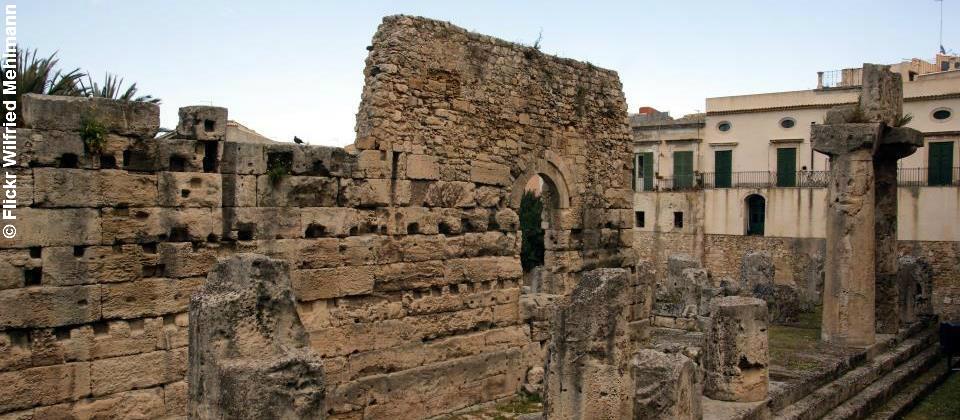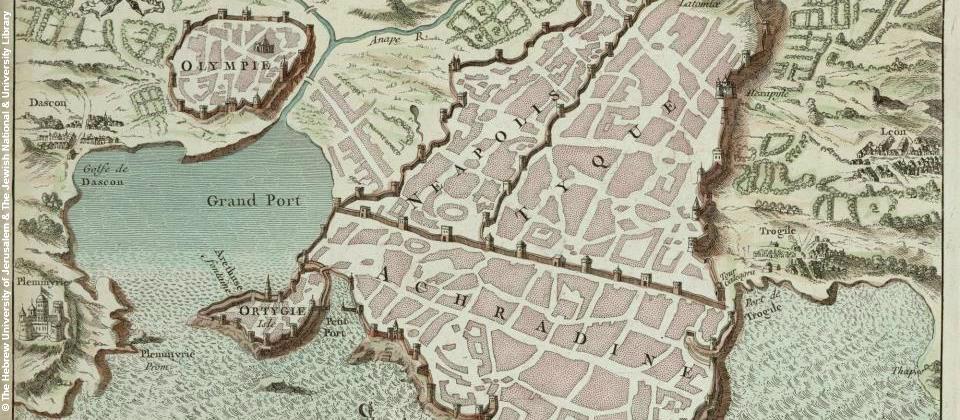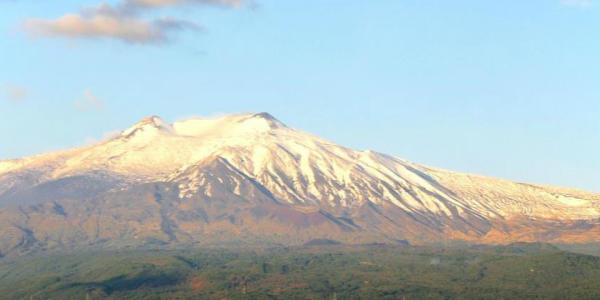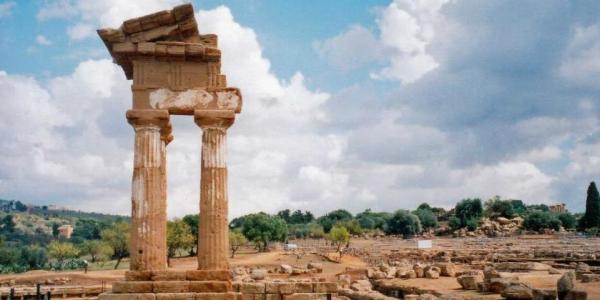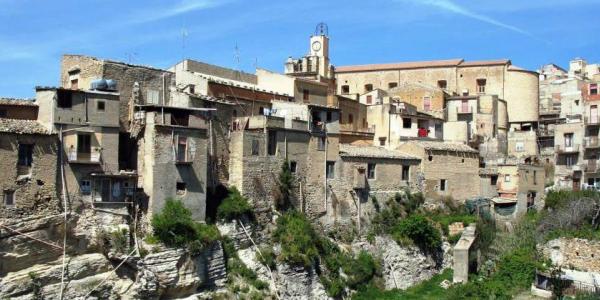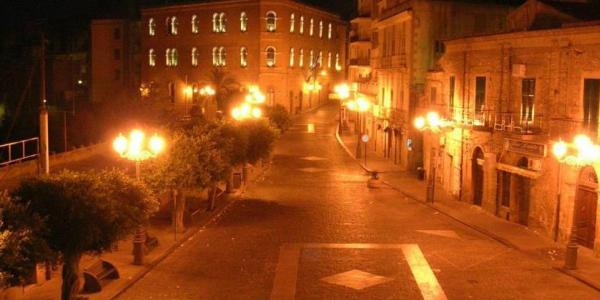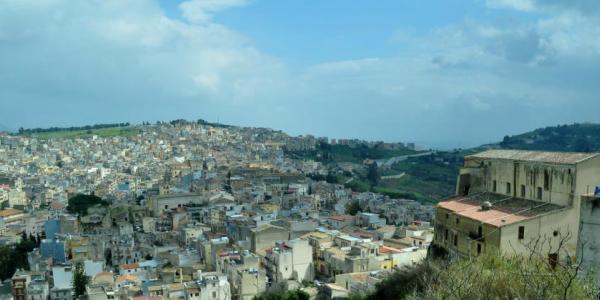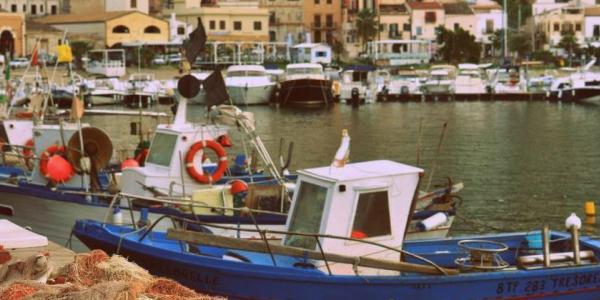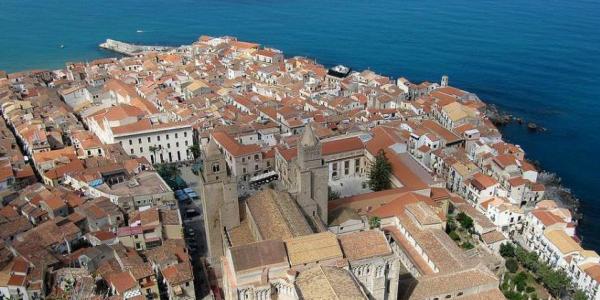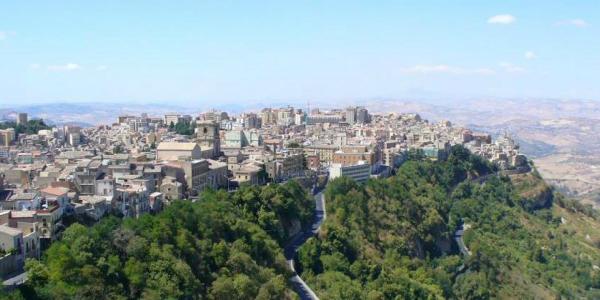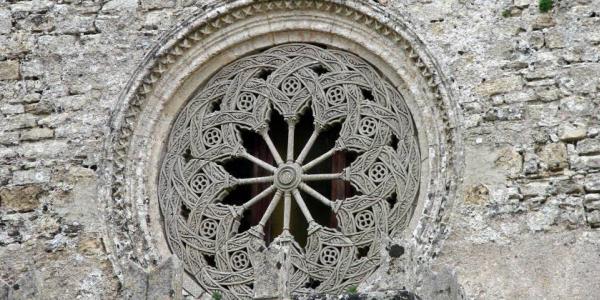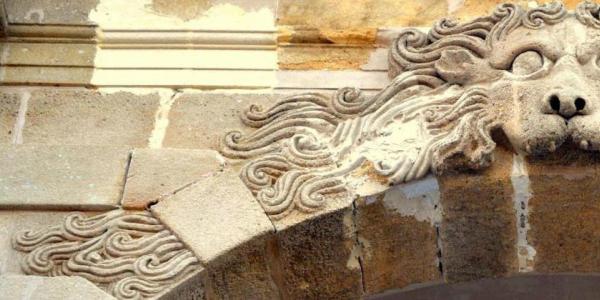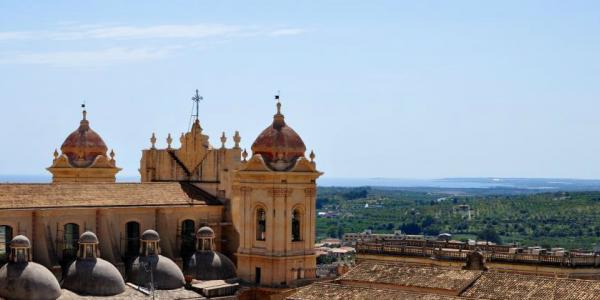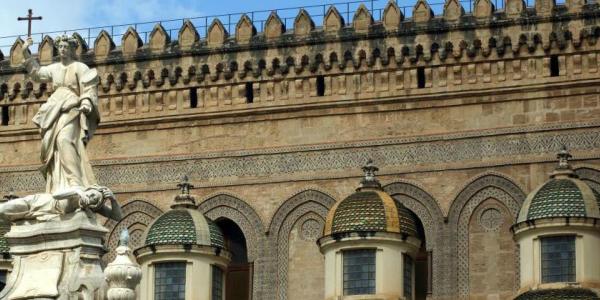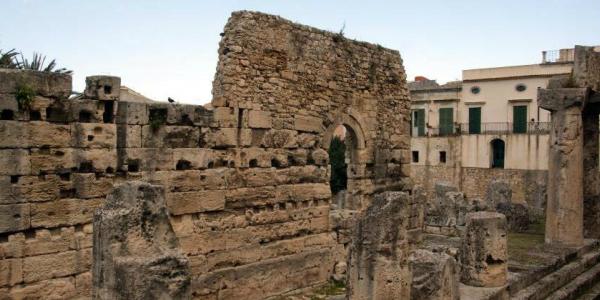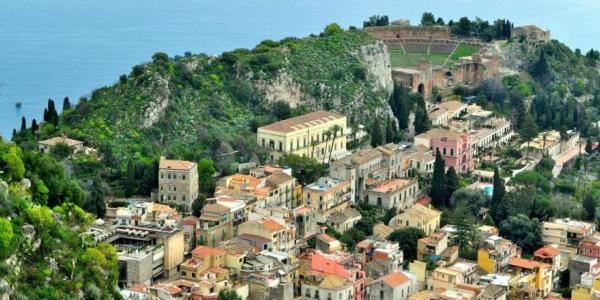Declared a Unesco World Heritage site in 2005 and described by Cicero as "maxima et pulcherrima urbium graecorum" (the most beautiful and richest of Greek cities), Syracuse is one of the finest examples of Greek and Roman civilization in Sicily. Plays by the greatest comic playwrights were staged in the Greek Theatre in Syracuse from the first half of the 5th Century B.C. and even today the theatre returns to life every year in May and June, with the performance of classical plays famed throughout the world.
In 212 BC after huge sacrifice and a degree of deceit the Romans conquered the city, which was well-protected behind the impressive defensive structures designed by Archimedes. From the early Middle Ages it fell under Gothic, Byzantine, Arab, Norman, Swabian, Angevin, Aragonese and finally Bourbon domination. The Arab conquest, completed in 878 after a very harsh siege, marked the collapse of the Byzantine Empire and the end of the hegemony of Syracuse on the island. From then on, the legal title of capital city moved to Palermo, which became the most important city on the island, but the history of Syracuse continues to offer a unique vision of the development of Mediterranean civilization over three millennia.



